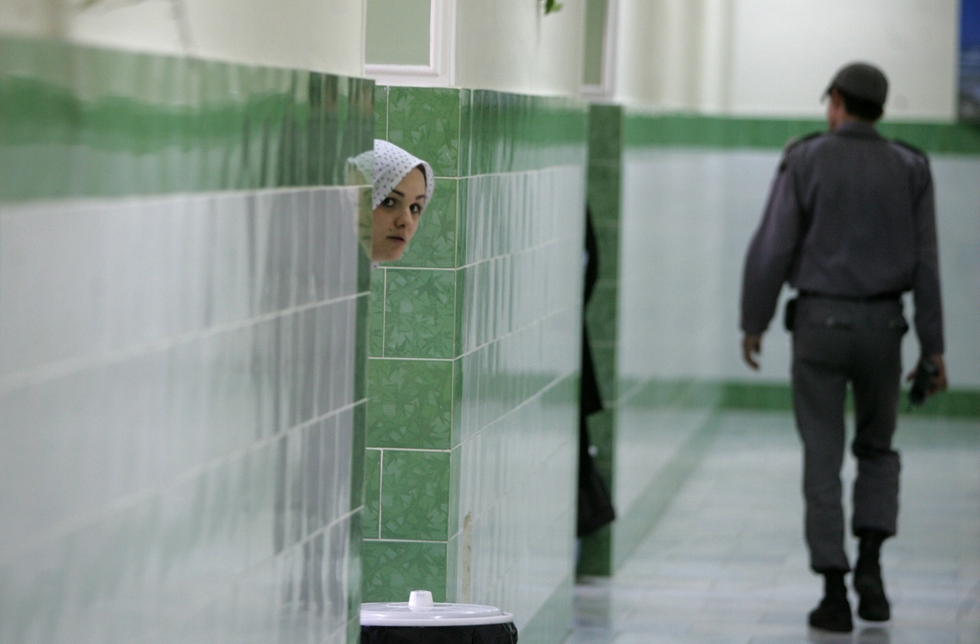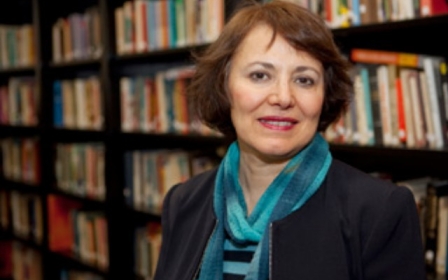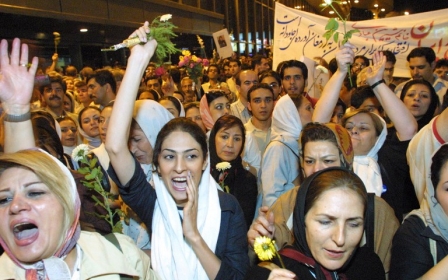Iran charges three imprisoned dual citizens and foreigner

Iran charged three dual nationals and a foreigner on Monday, the latest in series of arrests, imprisonments and indictments in the country since the signing of the nuclear deal with world powers in 2015.
The details of the charges for each of the individuals were not made public, but the decision was made by Tehran prosecutor Abbas Jafari Dolatabadi, Iran's judiciary news agency Mizan reported.
The four were identified as Iranian-Canadian Homa Hoodfar, Iranian-American Siamak Namazi, British-Iranian Nazanin Zaghari-Ratcliffe, and a Lebanese permanent resident of the US, Nizar Zakka.
All four of them are believed to have been arrested by the Iranian Revolutionary Guard, with their families and legal representatives saying they did nothing wrong, Al Jazeera reported.
Hoodfar, a retired professor who taught at Concordia University in Montreal, was arrested on 6 June and is being held incommunicado in Tehran’s notorious Evin prison. The Canadian government has said that it has made her case a "top priority".
Zaghari-Ratcliffe, 37, was about to return home to the UK on 3 April before she was detained by the Iranian Revolutionary Guard and separated from her 22-month-old daughter. She works for the charitable arm of the Thompson Reuters media organisation. Her husband told British media in May that she was being held in solitary confinement over supposed "national security" issues.
An Iranian justice department official said in June that Zaghari-Ratcliffe had been involved in protests against the re-election of Mahmoud Ahmadinejad in the country in 2009.
According to Al Jazeera, Namazi, whose father is also currently being held in the country, has advocated for closer ties between the US and Iran.
And Zakka, the Lebanese national, has done work for the US government in the past.
Iran does not recognise dual-citizenship and thus does not allow those with Iranian passports to receive consular assistance.
In its travel warning for Iran, the US State Department says: "Iranian authorities have unjustly detained or imprisoned US citizens, particularly Iranian-Americans, including journalists, businessmen and academics, on charges including espionage and posing a threat to national security.
"Iranian authorities have also prevented the departure, in some cases for months, of a number of Iranian-American citizens who travelled to Iran for personal or professional reasons."
New MEE newsletter: Jerusalem Dispatch
Sign up to get the latest insights and analysis on Israel-Palestine, alongside Turkey Unpacked and other MEE newsletters
Middle East Eye delivers independent and unrivalled coverage and analysis of the Middle East, North Africa and beyond. To learn more about republishing this content and the associated fees, please fill out this form. More about MEE can be found here.




